The danger of writing a long article about family devotions is that you may be tempted to think this means family devotions are complicated. It really isn’t.
As a father, I’ve often asked myself how to best approach doing family devotions from a content perspective.
What do my kids really need to know?
I know throwing random Bible verses at them isn’t the answer. And I know consistency despite hectic schedules is important.
Our kids have a lifetime of spending time reading and exploring the Scriptures on their own, so what are the most helpful things I can do to give them a framework for knowing, loving, and obeying God?
What you have in front of you here is a buffet of options for family devotion time. Choose what you want to put on your plate that will be most helpful to your whole family.
Surveying the various approaches to family devotions out there, I think we can categorize them into 3 broad approaches…
The Catechesis Approach to Family Devotions
Training kids in the basic doctrines of the faith
This might be a weird word to some of you, but the term “catechesis” comes from the biblical Greek term katecheo which means to “learn by sound” or “teach orally.” In the early church, catechesis simply meant teaching people the basic doctrines of our faith: what is the Bible? Who is God? What is the Trinity? Who is Jesus? What is sin? What is forgiveness? How can I be saved?
Probably the easiest way to do this is to rely on a historic creed or confession or a question-and-answer style catechism of your church’s tradition. There are ancient creeds from the earliest days of the church like the Apostles’ Creed or the Nicene Creed. There have also been many other creeds and confessions written in the last several hundred years by Catholics, Lutherans, Reformed, Baptists, Methodists, Anglicans, and others.
- Laying the Foundation: A Family Study of the Apostles’ Creed, by Luke Gilkerson
- Martin Luther’s Small Catechism (free) – Martin Luther specifically wrote his small catechism for families to use in the home. It guides parents in leading their kids through the Apostles’ Creed, the Lord’s Prayer, the Ten Commandments. It also provides sample prayers for the morning and evening.
- Big Beliefs! Small Devotionals Introducing Your Family to Big Truths, by David Helm – This is a study of the Westminster Confession of Faith for kids.
- New City Catechism – This resource from the Gospel Coalition is a modern catechism, taking parents and kids through a systematic study of Bible doctrine.
You can also use books devoted to theological themes, written specifically for kids:
- The Ology: Ancient Truths, Ever New, Marty Machowski (systematic theology for kids—only not boring)
- Indescribable: 100 Devotions for Kids About God and Science, by Louie Giglio (teaches kids about how God reveals himself in nature)
- God’s Word, by Sally Michael (teaches kids about the Bible’s inspiration)
- God’s Gospel, by Jill Nelson (teaches kids the heart of the good news about Jesus)
- God’s Design, by Sally Michael (teaches kids what it means to be created in God’s image)
- God’s Battle, by Sally Michael (teaches kids about fighting temptation and spiritual warfare)
- God’s Names, by Sally Michael (teaches kids about the various names of God in the Bible and thus God’s character)
- God’s Promise, by Sally Michael (teaches kids about God’s covenant promises)
- God’s Providence, by Sally Michael (teaches kids about God’s control and care of the world)
You can also use classic personal devotionals for family worship that have stood the test of time:
- Hinds’ Feet on High Places (for children), by Hannah Hurnard
- Morning & Evening, by Charles Spurgeon
- Jesus Wants All of Me: Based on the Classic Devotional My Utmost for His Highest, by Phil A. Smouse and Oswald Chambers
This method might sound archaic or old-fashioned, but the benefit of this approach is that it grounds your family in the basic doctrines of the Bible.
(And it’s my experience that we never really graduate from the basics—these are truths we return to on a regular basis throughout our lives and God deepens our appreciation for them over time.)
The Narrative Approach to Doing Family Devotions
Grounding kids in the big story of God’s people
If catechesis teaches: “What do you believe?” narrative teaches: “How did we get here? Where are we going? Where am I in God’s story? Who are my people?” These are vital questions for our kids because before we can answer the question about how we should live our lives, we need to answer the question, “What kind of story am I in?”
Try to ground your kids in Bible passages that teach the big story of God’s people. You could almost think of the narrative of the Bible in 4 acts, like a 4-act play: creation, fall, redemption, and restoration.
- Act 1: Creation – God makes an amazing world and in that world a small garden paradise. In the garden, He creates human beings in His own image to live in fellowship with him and care for this world.
- Act 2: Fall – Humanity rebels and refuses to live under God’s word, and this brings about disaster to the world, to human relationships, and to our connection to God.
- Act 3: Redemption – This lengthy part of the story is written in 3 major parts
- Scene 1: God chooses Israel to embody his redeeming purposes in the world, starting with Abraham through the promises to King David and his royal line. But Israel fails to live up to his high calling.
- Scene 2: God raises up from Abraham’s line and from the line of David a new king, the Son of God, Jesus Christ. He deals with sin at the heart level, dies for sin, rises from the grave, ascends to heaven, and then gives His Spirit to His people so that we might have a taste of His coming salvation.
- Scene 3: The church continues Christ’s mission, bringing his message of salvation to the world.
- Act 4: Restoration – Christ returns to complete his work and remake the world into a garden paradise again.
The ultra-simple approach is to read the stories of the Bible aloud to your kids and just talk about them. If you read a chapter a day, it will take you just 3 years and 3 months to complete the whole Bible.
Using audio Bibles can be an engaging way to hear the Word of God read aloud. Use a free resource like Faith Comes By Hearing or Bible.is.
A very helpful (and growing) resource is Doodle Through the Bible. The creator makes free coloring pages—chapter by chapter, sometimes verse by verse. Print them out and use them with your littles as you read through the Bible.
The Bible Project offers free videos giving viewers a broad overview of every book of the Bible. This is very helpful in showing your kids how each book is laid out.
There are several good children’s Bibles to choose from if you have younger kids — see our favorite read aloud story Bibles here.
For kids of all ages, these family devotionals will walk parents through the Bible story by story, giving discussion topics along the way.
- Long Story Short, by Marty Machowski
- Old Story New, by Marty Machowski
- The Biggest Story: How the Snake Crusher Brings Us Back to the Garden, by Kevin DeYoung
- The 10 Minute Bible Journey, by Dale Mason
The narrative approach continues as we introduce our kids to church history—looking at some of the heroes of the faith and missionaries who’ve taken the gospel to distant lands. Youth with a Mission publishes a large series of books called Christian Heroes Then & Now, mostly featuring missionary stories from the past 300 years.
The Wisdom Approach to Devotional Time
Teaching kids the wisdom behind God’s rules for life
Another approach is the wisdom approach: this is where you focus on the subject of character.
The goal in this is not merely talking about the dos and don’ts, although that does come up. The goal is to look at the why behind the dos and don’ts, plus all the grey areas of life where right and wrong aren’t always clear to us.
An easy place to start with teaching wisdom is in the wisdom books of the Bible, such as Proverbs. They are short one-liners, written as from a father to son, to teach about how to live the good life: what are wise principles that make for blessing, prosperity, peace, and righteousness? (Some good books to help you along are Wise Up: Ten-Minute Family Devotions in Proverbs, by Marty Machowski, and God’s Wisdom, by Sally Michael, and we have a resource on this called Parenting with Proverbs.)
An easy habit to start every time you use this approach is to give each child a “heart notebook.” Ideally, the older kids should be able to copy a text by hand.
1. Buy a blank lined notebook. Count the pages and divide that by 13. That’s the number of pages you’ll have per section.
2. Save the first page for the Table of Contents. Print out for each child this list of heart attitudes and paste it on the first page of the notebook.
- Idolatry vs. Loving God First
- Love vs. Selfish Ambition
- Humility vs. Pride/Arrogance
- Generosity vs. Greed
- Contentment vs. Jealousy/Envy
- Thankfulness vs. Ingratitude
- Patience vs. Irritability
- Compassion vs. Anger
- Purity vs. Lust
- Joy vs. Hopeless
- Forgiveness vs. Vengefulness/Bitterness
- Peace vs. Anxiety
- Self-Control vs. Overindulgence
3. Give your kids time to set up their notebooks however they want. Depending on your child, they might want to number the pages, decorate the cover, or label their sections.
4. Each day, whenever you do devotions, get out your heart notebooks and ask your kids, “What is the attitude of the heart that is present or talked about here?” Use the Table of Contents to help you. When you’ve landed on the best one, open that page of the heart notebook and have your kids write just one verse or one part of a verse in that section.
This encourages introspection and over time your child will amass a rich “vocabulary of the heart.”
Words of Wisdom: Making Proverbs Practical for Everyday Life
If you are ready to make every day count, there are foundational habits every family needs that can transform the culture of your home. When you do, you’ll be able to connect more meaningfully with your kids and train them in the ways of the Lord.
Pathfinder Parenting is a curriculum delivered in tiny, bite-sized pieces. It helps you develop routines & habits as a family that allow you to become the intentional parent you’ve always wanted to be. And because busy parents don’t need another “to do” on your plate, we keep things short and focused with easy-to-implement homework, so they don’t distract from the rest of your life—they make it richer.
One of the items all parents receive as part of their monthly Family Action Kit is a simple, read-aloud Bible study to read with their kids called “Words of Wisdom” where we take one proverb from the Bible that teaches a specific character principle.
With this parents get a monthly reading plan called “Digging Deeper: Growing in Understanding Through God’s Word.” This gives you a month’s worth of short passages to read for family devotions, all tied back to that original proverb.
Pathfinder Parenting will help you:
- Make deep, lasting connections with your kids
- Develop character in your kids and build healthy views of authority + themselves
- Instill good habits + responsibility in daily family life
- Give your kids a Christian lens to view the world
- Teach your kids to recognize and use the gifts God has given them
- Grow not just your kids’ head knowledge about God, but a relationship with Him

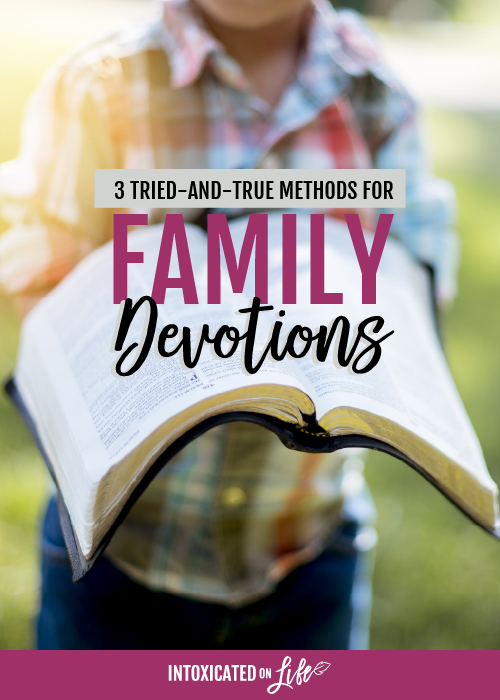



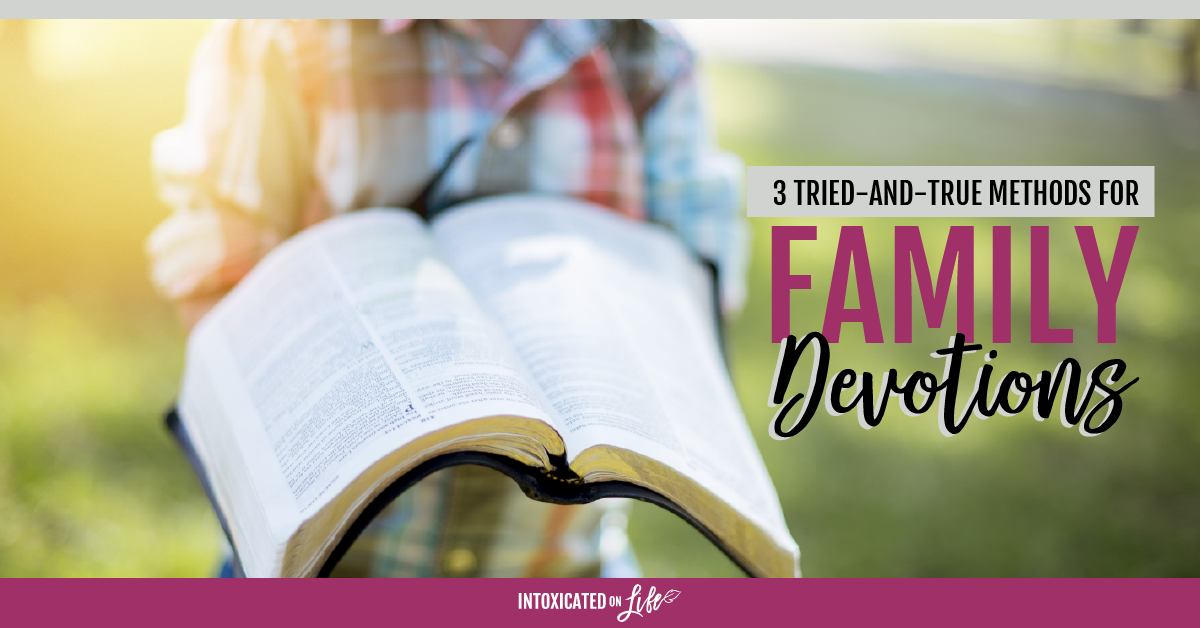
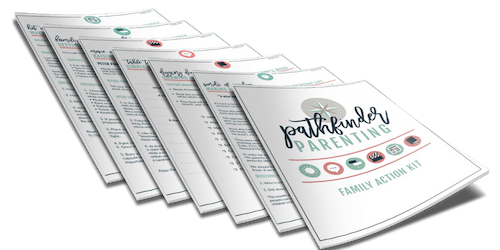
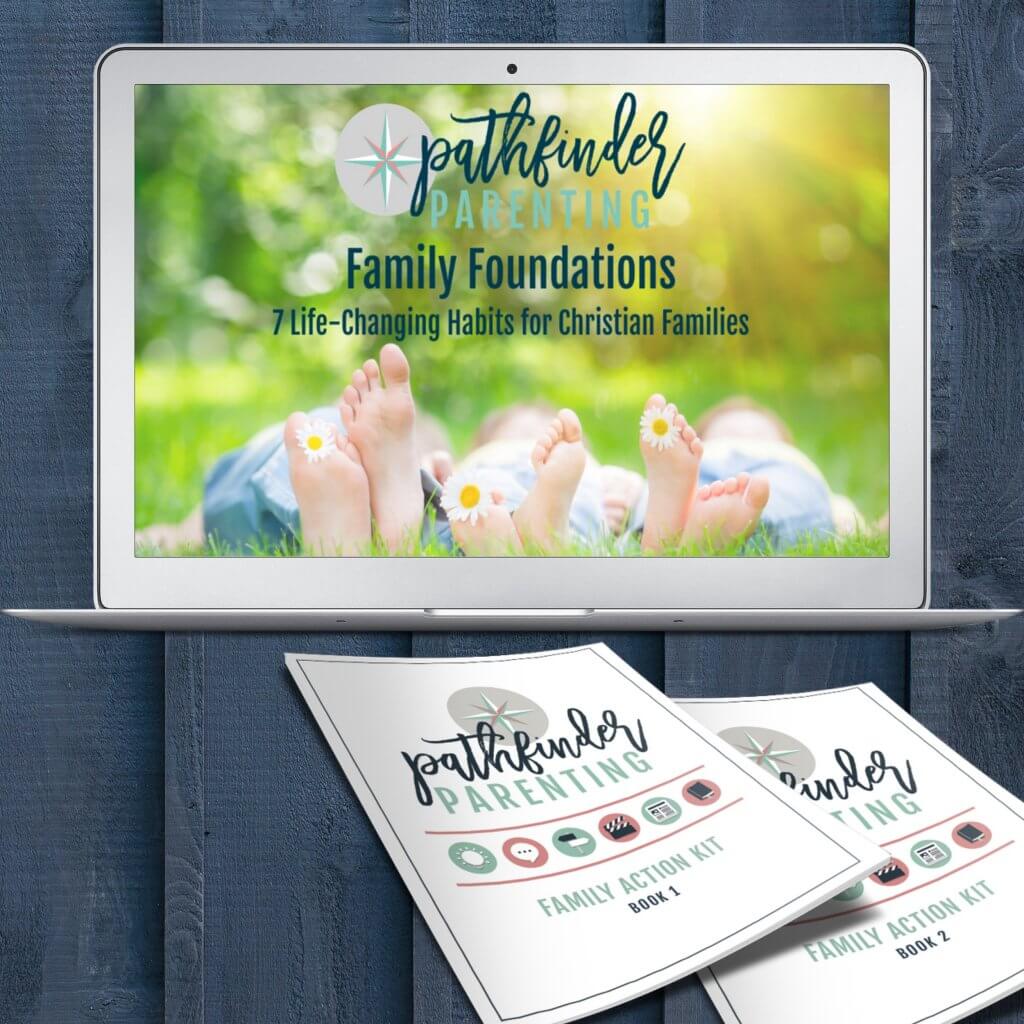


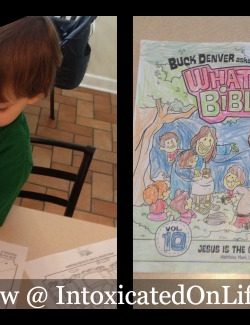






Leave a Comment